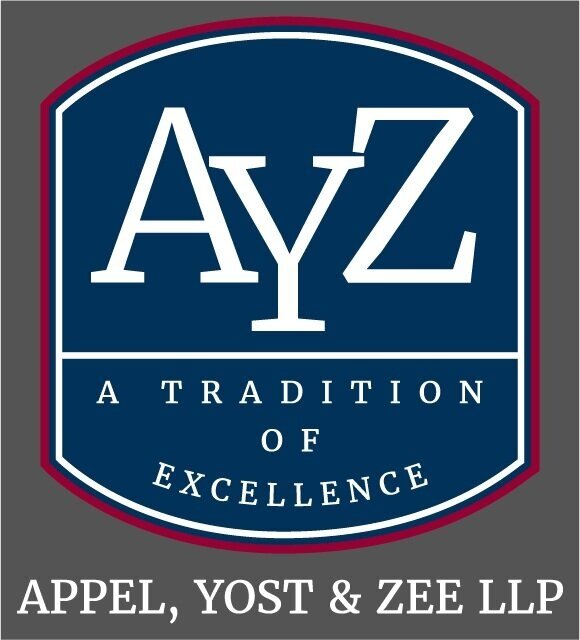Our Attorney Did Our Title IX Investigation, So It’s Privileged, Right? Not So Fast…
By AYZ Education Law Group
October 21, 2022
In a recent non-precedential decision issued by the Pennsylvania Superior Court, the Court confirmed what we already knew – that a Title IX investigative report drafted by legal counsel is not automatically protected by attorney-client privilege just because it was prepared by an attorney.
The case, John J. Abraham, M.D. v. Jessica Phillips and Reid Phillips, was filed by Dr. Abraham, a Thomas Jefferson University Professor, after Ms. Phillips accused him of sexual assault in violation of Jefferson’s then-existing Title IX policy, a claim that was investigated by outside counsel retained by the University. Dr. Abraham later alleged that Ms. Phillips’ accusations constituted libel and slander; Ms. Phillips and her husband alleged assault and battery in a counterclaim. As part of discovery in the defamation action, Dr. Abraham subpoenaed the report generated by the outside attorneys who investigated the Title IX allegations.
Jefferson objected to disclosure of the report on the ground that it was, in its entirety, protected by attorney-client privilege. The trial court ruled against it, directing it to produce the report but allowing it to redact any portions it believed were subject to attorney-client privilege. Jefferson appealed this ruling, and the Superior Court affirmed the trial court’s order. It rejected Jefferson’s claim that, “the entire report is legal advice protected from disclosure from attorney-client privilege because it was prepared for Jefferson, in response to the Title IX complaint, by counsel whom Jefferson had retained for that purpose.” The Superior Court looked to the four elements that must be met in order to assert a claim of privilege: (1) the asserted holder is or sought to become a client; (2) the person to whom the communication was made is an attorney or his subordinate; (3) the communication “relates to a fact of which the attorney was informed by his client, without the presence of strangers, for the purpose of securing [or providing] either an opinion of law, legal services or assistance in a legal matter []; and (4) the privilege has been claimed and is not waived by the client.
In order to successfully assert privilege for the entire report, Jefferson had to set forth sufficient facts, which the Superior Court ruled it failed to do. Why? The Court’s opinion laid out a number of pieces of information that could have, if provided, strengthened its privilege claim. These included an affidavit, statement or testimony clarifying the circumstances under which the communication (i.e., the report) was made; an explanation of whether the report contained simple witness statements or counsel’s summarizations or impressions of interviews; or assertions that interviewees were Jefferson employees, sought legal advice during the interviews or were led to believe that they were confiding in counsel acting on their own behalf. In the absence of such evidence, it was, per the Court, possible that the investigation and report were intended to provide Jefferson with legal advice, and just as possible that the report was intended only to provide Jefferson with purely factual information. If it was the latter, privilege would not apply, because “it does not protect against the disclosure of underlying facts or protect clients from factual investigations.” Jefferson’s deadline to ask the Pennsylvania Supreme Court to review the Superior Court’s decision is next month, and we will provide an update if it chooses to do so.
The Court’s opinion serves as a useful reminder to schools that asking an attorney to “investigate” does not magically cloak the ensuing report with the protection of attorney-client privilege. Schools (and their attorneys) would be well-served, if they believe communications are protected by the privilege, to ensure that this expectation is documented and to keep legal advice separate from factual information where possible.
Should you have any questions about this case or any other Title IX issues, please do not hesitate to reach out to William J. Zee or any of the attorneys in the Appel, Yost & Zee Education Group.
